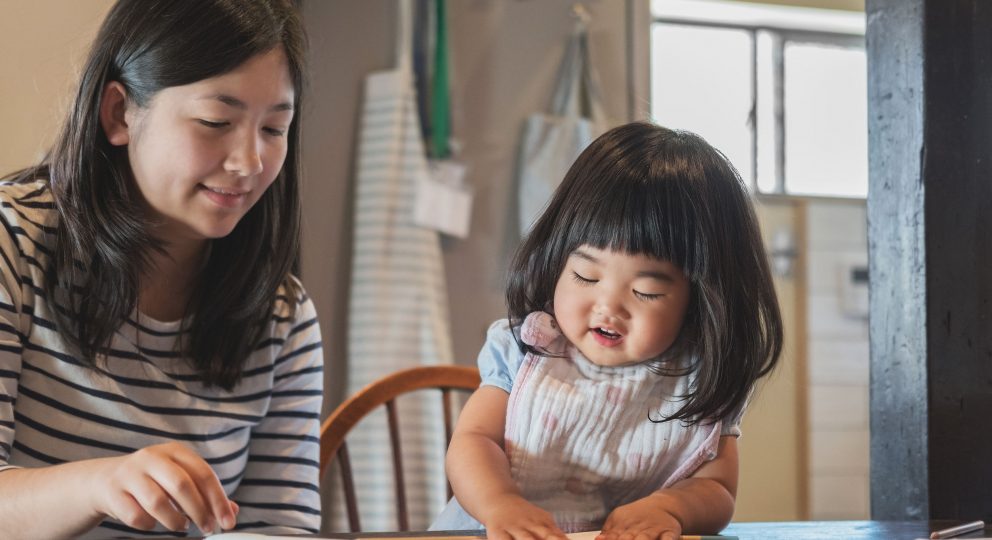
In this research study, “Patterns of Marital Conflict Predict Children’s Internalizing and Externalizing Behaviors” (1993), Drs. Gottman and Lynn Katz found that a child’s temperament does not have a statistically significant effect on marital satisfaction, its change over time, or the style in which the couple engages in marital conflict.
It is not the child’s temperament that predicts marital conflict, but rather the type of marital conflict that predicts a child’s temperament.
To the extent that couples were hostile towards each other when resolving their marital disputes, 3 years later their children tended to be seen by their teachers as exhibiting mild forms of antisocial behavior. Below are aspects of conflict style found by Drs. Gottman and Katz to predict different child behavior outcomes.
When conflict style is Mutually Hostile (a symmetrical pattern of marital interaction in conflict in which each spouse directly attacks the other’s fundamental beliefs, feelings, and character) it leads to a higher likelihood of divorce and of child externalizing behaviors (aggression and hyperactivity). Here are a couple of theories explaining this phenomenon:
- Children exhibiting externalizing behaviors may be sensing the instability of their parents’ marriage and acting out their fears of a potential divorce.
- Children fearing parental divorce may also show externalizing behaviors to distract their parents from their marital problems. By focusing attention on themselves, children may encourage their parents to unite in their concern about their child’s adjustment and detour attention away from a potential marital conflict or separation. Children do not have to initially understand the way this works consciously – they need only realize that this trick leads to a decrease in their parents fighting.
When husbands are belligerent and wives are angry, higher levels of internalizing behaviors (distress, shame, and self-blame) are found in girls than boys. For boys, a wife’s belligerence is associated with internalizing behaviors. These findings suggest that, to the extent that a husband or wife acts in a belligerent manner when resolving a marital dispute, their opposite-sex child will be rated by teachers as showing internalizing behaviors 3 years later. Although anxiety and withdrawal may be adaptive responses to the threatening nature of belligerence, the fact that children’s behavior is related to that of their opposite-sex parents is interesting.
One speculation stemming from family systems theory is that children may be allying themselves with or identifying with the same-sex parent and so are affected by the belligerent behavior of the opposite-sex parent.
Given the prospective nature of this study, it was possible to address whether having a temperamentally difficult child places a strain on a marriage. In our data, child temperament was not predictive of marital dissatisfaction at Time 2 or related to a decrease in marital satisfaction over time.
Children whose parents showed marital interaction patterns predictive of divorce externalizing difficulties, but actual divorce/separation at Time 2 (3 years after the initial study) was not associated with externalizing behaviors at time 2. Thus, the behavior pattern seen in children of hostile couples cannot be attributed to parental divorce/separation. These findings support previous evidence suggesting that the behaviors couples engage in that are destructive to their relationship also have an impact on their children even before actual marital dissolution occurs.
Children learn by imitating the behavior of their parents. We all know this. Among the many complexities of this study’s results, the simple theme repeats itself again and again. Learning more about the particular ways in which our behavior as parents sculpts our children’s is critical for raising Emotionally Intelligent children. You can read more about this in Dr. Gottman’s celebrated book, “Raising an Emotionally Intelligent Child,” and learn ways in which to keep your marriage happy and healthy in his more recent release, “And Baby Makes Three.”










